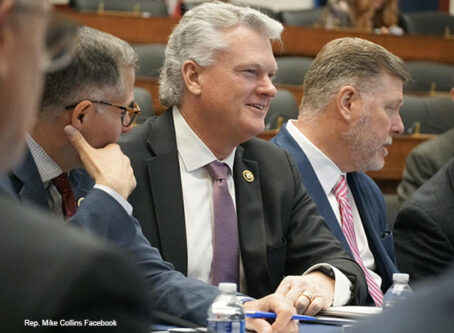FMCSA solicits petitions regarding California, Washington break rules
The Federal Motor Carrier Safety Administration is soliciting petitions for waivers from its previous decisions to preempt meal and rest break rules in California and Washington.
In a notice published in the Federal Register on Monday, Aug. 14, FMCSA said it will consider petitions for waivers through Nov. 13.
“While petitions for waiver may be submitted at any time, FMCSA requests that any petitions for waiver of the … preemption determinations be submitted by Nov. 13, 2023,” the agency wrote in the notice. “FMCSA will publish any petitions for waiver that it receives and will provide an opportunity for public comment with respect to the petitions.”
Background
California’s meal and rest break laws generally require employers to provide employees with an off-duty 30-minute break for every five hours worked and a 10-minute off-duty break for every four-hour period. Washington’s meal and rest break laws are similar.
In 2018, FMCSA granted petitions from the American Trucking Associations and the Specialized Carriers and Rigging Association to pre-empt California’s meal and rest break rules because they were “incompatible” with federal regulations. In 2020, FMCSA granted a similar petition from the Washington Trucking Associations in regard to the state’s break rules.
“Federal law provides for preemption of state laws on commercial motor vehicle safety that are additional to or more stringent than federal regulations if they have no safety benefit, are incompatible with federal regulations, or would cause an unreasonable burden on interstate commerce,” the agency wrote in 2020. “FMCSA has determined that Washington’s meal and rest break rules are laws on commercial motor vehicle safety, that they are more stringent than the agency’s hours-of-service regulations, that they have no safety benefits that extend beyond those that the Federal Motor Carrier Safety Regulations already provide, that they are incompatible with the federal HOS regulations and that they cause an unreasonable burden on interstate commerce.”
Petitions for waivers
FMCSA said that petitions for waivers will need to demonstrate that it is in the public interest and consistent with the safe operation of commercial motor vehicles.
“A petition for waiver need not contend that the agency erred in determining that the California and Washington meal and rest break rules are laws on commercial motor vehicle safety, that they are more stringent than the federal hours-of-service regulations or that they meet any or all the criteria for preemption,” FMCSA wrote. “The agency encourages waiver petitioners to include arguments that do not depend on a conclusion that the agency’s preemption determinations were erroneous.”
ATA spoke out against FMCSA’s announcement that it was soliciting petitions.
“Ensuring a singular, national standard of work rules for professional drivers is crucial to both safety and the supply chain,” ATA said in a statement.
OOIDA said it is analyzing the notice to determine how it would affect its membership.
“OOIDA represents over 150,000 small business truckers across the United States, some who operate exclusively within their state borders but many more who have interstate operations,” the Association said. “We are currently analyzing the waiver request from FMCSA based on member feedback on intended benefits and potential unintended consequences.” LL









